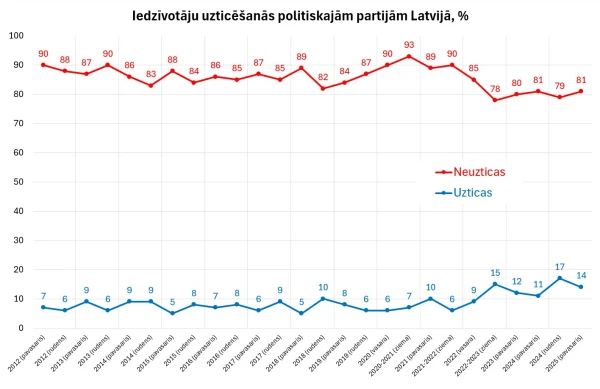
Sometimes discord in relationships arises not from infidelity or serious conflicts, but from habits and small manifestations that seem harmless. Psychologists note that even "loving" remarks, constant criticism, or condescending behavior can gradually create emotional distance between partners and destroy trust.
When Care Turns into Control
For example, Galina calls her husband "my silly boy" and corrects all his actions — from choosing a picnic spot to the varnish for the wooden bench. She believes she is showing care, but Vitaly feels pressured and loses initiative.
Anton reminds his wife of their differences in education and status, which creates a sense of superiority and humiliates Lina even in everyday situations. Such small "cruelties" often go unnoticed by the partner themselves, but they accumulate and undermine the relationship.
Emotional Distance and Consequences
When a loved one constantly ignores your desires or questions your decisions, emotional distance grows. Even if it seems outwardly that "nothing serious" has happened, a series of such actions can lead to a decision to part ways.
Psychotherapists note that such behavior is often justified by the phrase "I am who I am," which essentially means: "I prioritize my desires over yours." This approach gradually destroys trust and security in the couple.
Psychologists' Tips for Preserving Relationships
1. Before you speak — think.
Ask yourself: will your words bring joy or could they hurt your partner? Sometimes it is more important to maintain harmony than to prove your point.
2. Treat your partner as a friend.
Do not say to your spouse what you would not allow yourself to say to a friend. "Resist the temptation to win an argument to support your loved one," advises psychologist Robert Leahy.
3. Do not look down on them.
Social status or education does not make your partner less valuable. The ability to care, show emotional intelligence, and support each other is more important than formal indicators.
4. Pay attention to the "little things."
Small comments, irritation, and criticism accumulate and destroy trust. "For a person to share something important with you, they must feel safe," reminds psychologist Petr Dmitrievsky.
Understanding these nuances helps build strong relationships and prevents the gradual destruction of marriage, which occurs quietly but surely.













